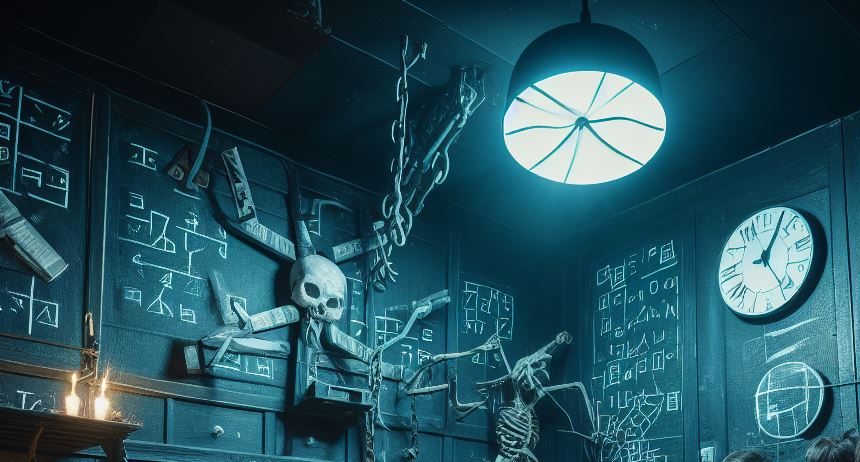The role of fear in escape room games

The idea of escape rooms is to find a way out as quickly as possible by solving logic puzzles. What makes the game interesting is that escape rooms always have a story that encourages players to get involved. Are real-life adventures scary? Not necessarily. They can be described as exciting.
Fear
Fear is perhaps not something everyone knows about, but it is a basic emotion that affects our actions in everyday life. It also depends on your temperament and how it affects you. For most people, it can be paralyzing, but for others, it can release a great deal of energy. When we are excited, we can do things we wouldn’t even think of. Fear is in everyone’s life, but it’s not always the same as how we relate to it. Interestingly, some people can easily turn it to their advantage and face it head-on. It’s best to apply this in the escape room games!
Escape rooms are challenging
Most of the time, escape room stories are different from the environment and situations of everyday life. The games are designed to be exciting and to test the skills of the participants. Communication, problem-solving skills, and logic are some of the skills that can be tested. In short, if you can find the hidden clues, make sense of the connections and focus on the game, you are guaranteed to solve the puzzles. The equipment, special elements, and every single decorative element of the escape rooms can test us because it is part of the story of the framework. The difficulty is that these elements can bring us closer to the solution but they can also distract us.
The themes of the escape games
Framework stories always tell an exciting story that is linked to the puzzles. Whether you’re investigating a mad killer or acting as a secret agent is up to the imagination of the game makers. They try to cover a variety of topics so that everyone can find the story that interests them most.
Don’t be afraid
Escape rooms are designed to focus on solving tasks, not on fear. Game masters say that escape room games are not scary, but rather interesting and exciting. They are not recommended for young children alone, as the puzzles require a high level of concentration. Experience has shown that children under 10 are not attracted to these rooms.
Can we play with claustrophobia?
The question usually arises: should people with claustrophobia play games? But the answer is varied. The rooms are not particularly narrow, and their design does not make them any smaller than usual. On the other hand, a feeling of being closed in may cause discomfort, but there is no need to worry. The game can be quickly interrupted if there is a problem.
Of course, each person has a sense of how an escape room adventure would affect them. But if you like puzzles, you’ve got a winning case. Fear or not, player safety is guaranteed!